ATS Immediate Past President M. Patricia Rivera, MD, ATSF, never would have used the words “advanced lung cancer” and “increased five-year survival” in the same sentence during the first 20 years of her career as an onco-pulmonologist.
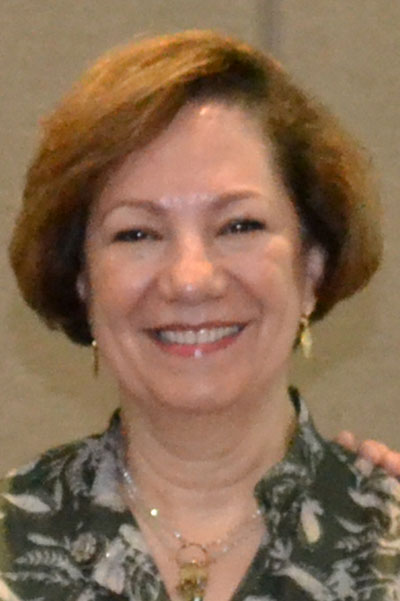
“It was unheard of,” Dr. Rivera said Monday, May 20, at the ATS 2024 International Conference.
During the ATS President’s Symposium, Dr. Rivera and other lung cancer experts reflected on the evolving understanding of the disease, successes in prevention and treatment, and hopes for the future.
“We are optimistic that we will diagnose cancer in the early stages — screening — but in those who are diagnosed with advanced stages, it will be a chronic disease in the same way that we think of breast cancer in many ways,” Dr. Rivera said. “We are really optimistic about making a difference in the lives of so many patients and in the burden of this disease.”
Gerard A. Silvestri, MD, MS, FCCP, the Hillenbrand Professor of Thoracic Oncology at the Medical University of South Carolina in Charleston, looked at 50 years of lung cancer screening practices and guidelines, with a focus on the accelerated pace of screening in recent years.
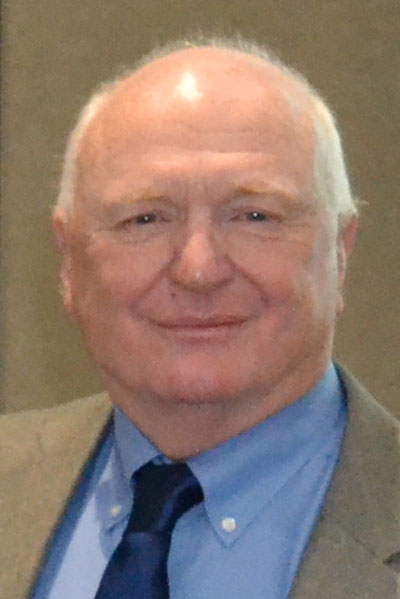
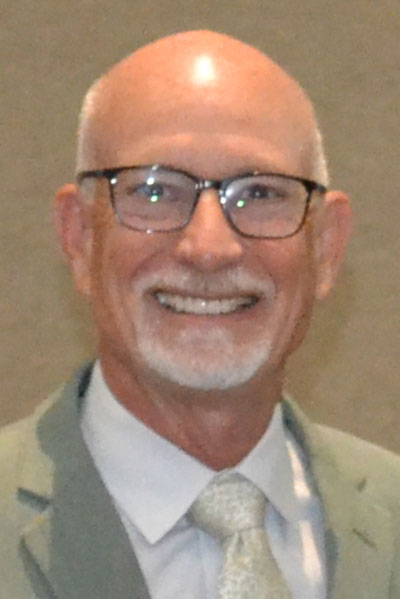
Reviewing lung cancer registry data updated to 2022, Dr. Silvestri noted that more people than ever are being screened, with a significant jump in the percentage of eligible individuals screened at least once. Unfortunately, adherence remains low, affecting the detection of repeat cancers. Dr. Silvestri posited this might be due, in part, to the tightly defined lung cancer-eligible population ranking lower in socioeconomic measures and overall health status than the significantly larger populations that are eligible for other cancer screenings.
“We have a population that has challenges, and we have to meet those challenges,” he said.
York E. Miller, MD, Thomas L. Petty Professor in the division of pulmonary science and critical care medicine at the University of Colorado School of Medicine, reflected on the odyssey of lung cancer chemoprevention, from failed Phase III trials to surrogate endpoint trials.
Dr. Miller also looked at premalignancy as a window into chemoprevention, noting that epithelial clones harboring oncogenic mutations can either evolve and expand or regress depending on microenvironmental factors, including epithelial reparative capacity and immune recognition.
“Enhancing these homeostatic processes is a feasible strategy for medical prevention that we should take advantage of in the future,” he said.
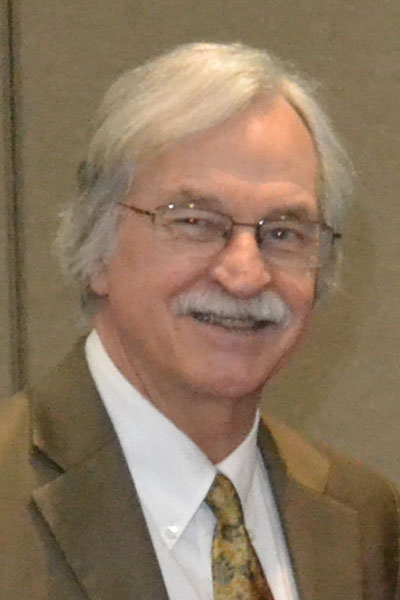
Frank Detterbeck, MD, FACS, FCCP, professor and chief of thoracic surgery at Yale University, provided an overview of the evolution in treatment modalities, from the first brutal surgical methods to modern minimally invasive procedures and effective multimodality treatments.
It has become clear that lung cancer is not just one disease differentiated by time points, but rather a family of diseases with different etiologies, he said. Interrelated data points, such as basic tumor biology, non-anatomic tumor factors, host-tumor interactions, and fluidity over time and treatment, will be key to further refining treatments.
“I think that the answer is really there in this multilevel thinking,” Dr. Detterbeck said. “I think we need to kind of get out of the weeds a little bit and think in a more sophisticated manner in order to find these answers — what type of local therapy, when just local therapy, when to combine it with other things? We need to think not in a modality-specific way but across modalities overall about cancer.”
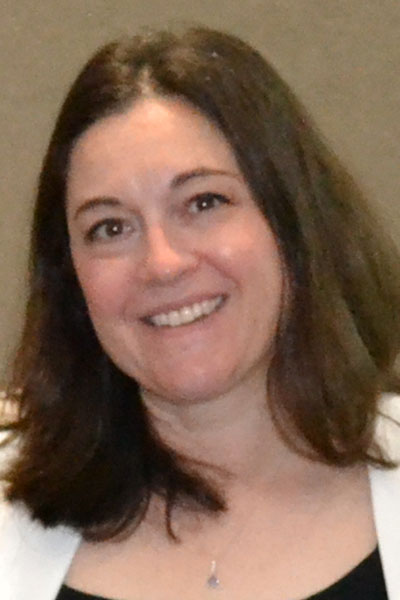
Catherine R. Sears MD, ATSF, associate professor at the Indiana University School of Medicine, offered insights into the rising use of biomarkers in lung cancer risk assessment, detection, and personalized treatment.
Dr. Sears explained that the increasing availability of biomarkers has aligned with promising possibilities for screening and pulmonary nodule diagnosis. Trends to monitor include the potential to be less invasive; studies into usefulness in clinical practice; use of radiomics in combination with biomarkers; and multi-cancer detection biomarkers. Therapeutic biomarkers are also a rapidly expanding field and have become the standard of care in non-squamous advanced/metastatic non-small cell lung cancer (NSCLC). Dr. Sears encouraged audience members to get familiar with biomarker testing for the sake of their patients.
“The reality is that if you get a biomarker testing on your NSCLC, that patient is more likely to survive,” she said.
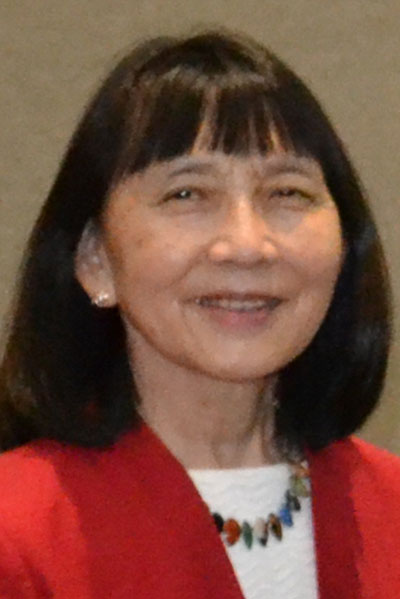
Lynn T. Tanoue, MD, MBA, professor of pulmonary, critical care, and sleep medicine, and vice-chair for clinical affairs in the department of internal medicine at Yale University, concluded the symposium by looking toward the future of lung cancer care.
It will be important to pay attention to the evolution of lung cancer and not get mired in the past, Dr. Tanoue advised. There have been significant changes in smoking behaviors, environmental exposures, population demographics, and contributing risk factors. The good news, as Dr. Tanoue pointed out, is that the thoracic research community has more capacity than ever to study these factors and synthesize data into precision risk assessments and individualized treatments.
“I have to say, listening to these lectures, I’m getting palpitations because it really has been unbelievably exciting,” Dr. Tanoue said.
She continued, “Over the next 10 and 20 years, the future of lung cancer investigation and clinical management is really amazingly bright.”
Register Today for ATS 2025

Register today for the ATS 2025 International Conference! Don’t miss the opportunity to experience this year’s premier respiratory health conference, May 16-21 in San Francisco. Join your colleagues to learn about the latest pulmonary, critical care, and sleep medicine developments. Not an ATS member? Join today and save on your conference registration!

